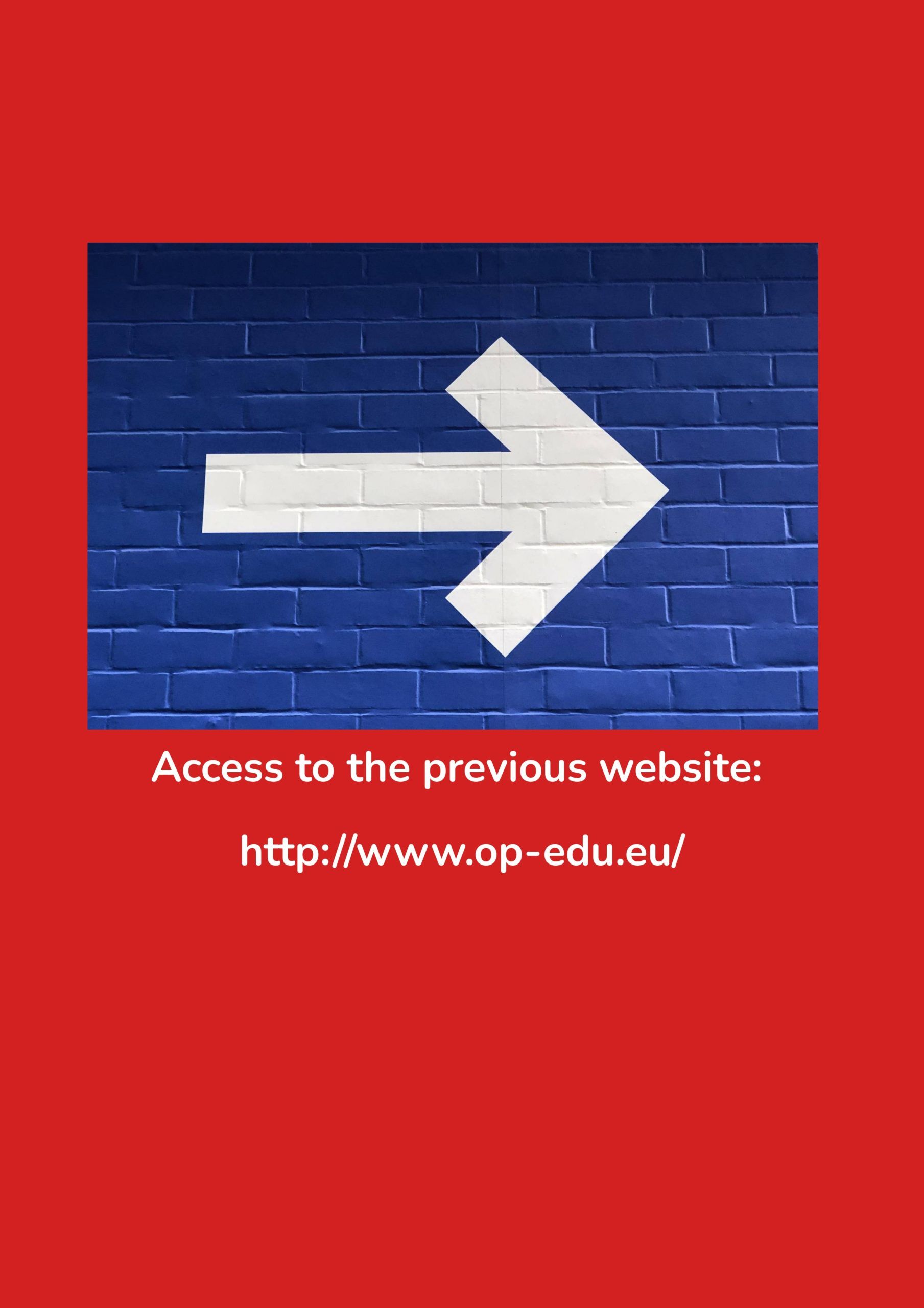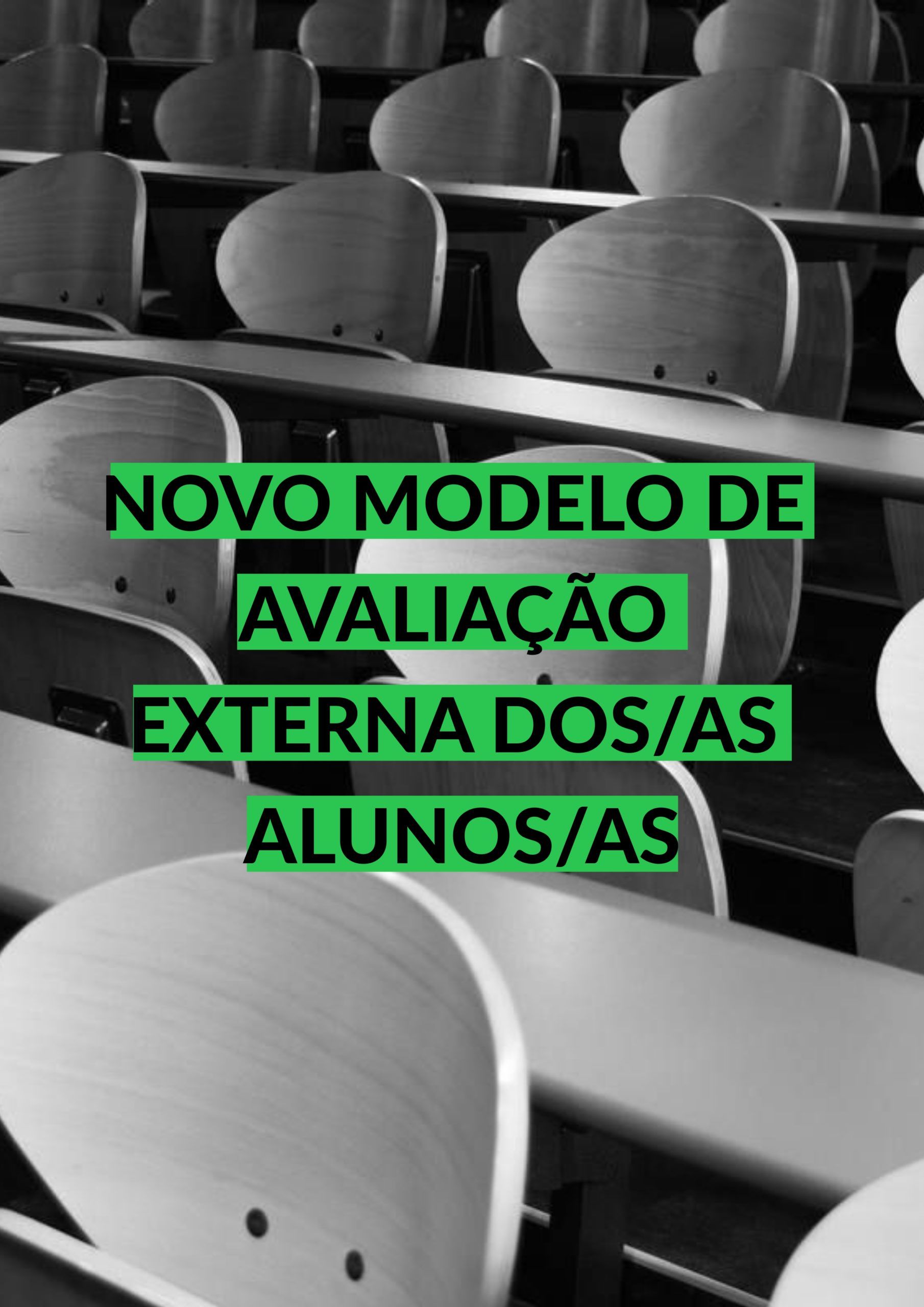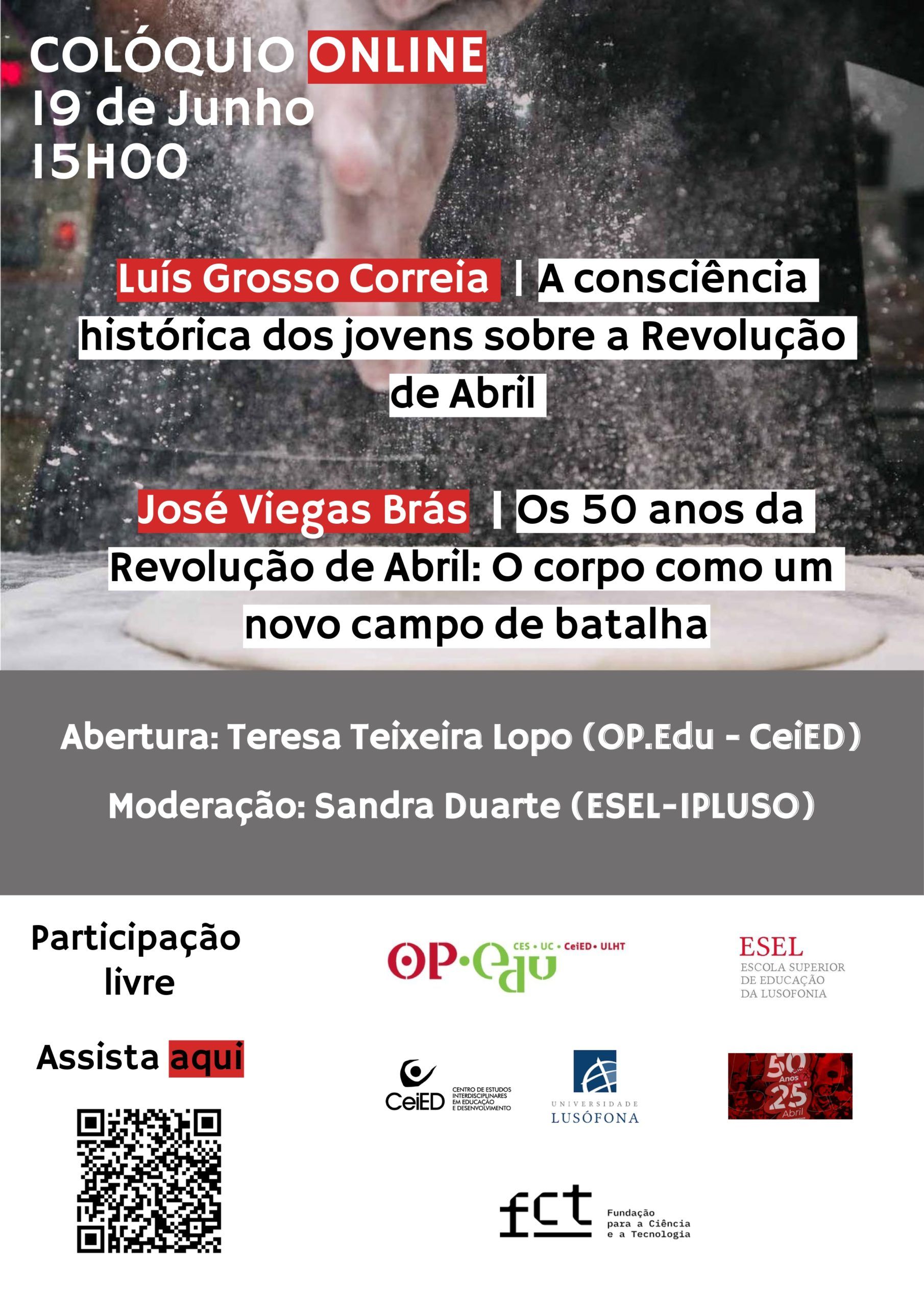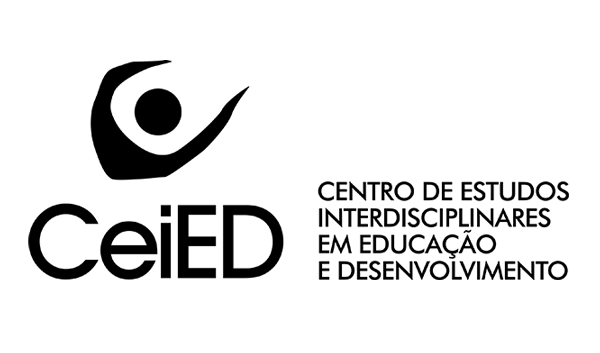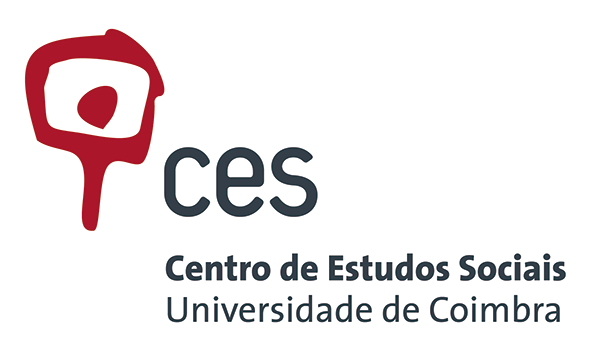Events in partnership with OP.Edu
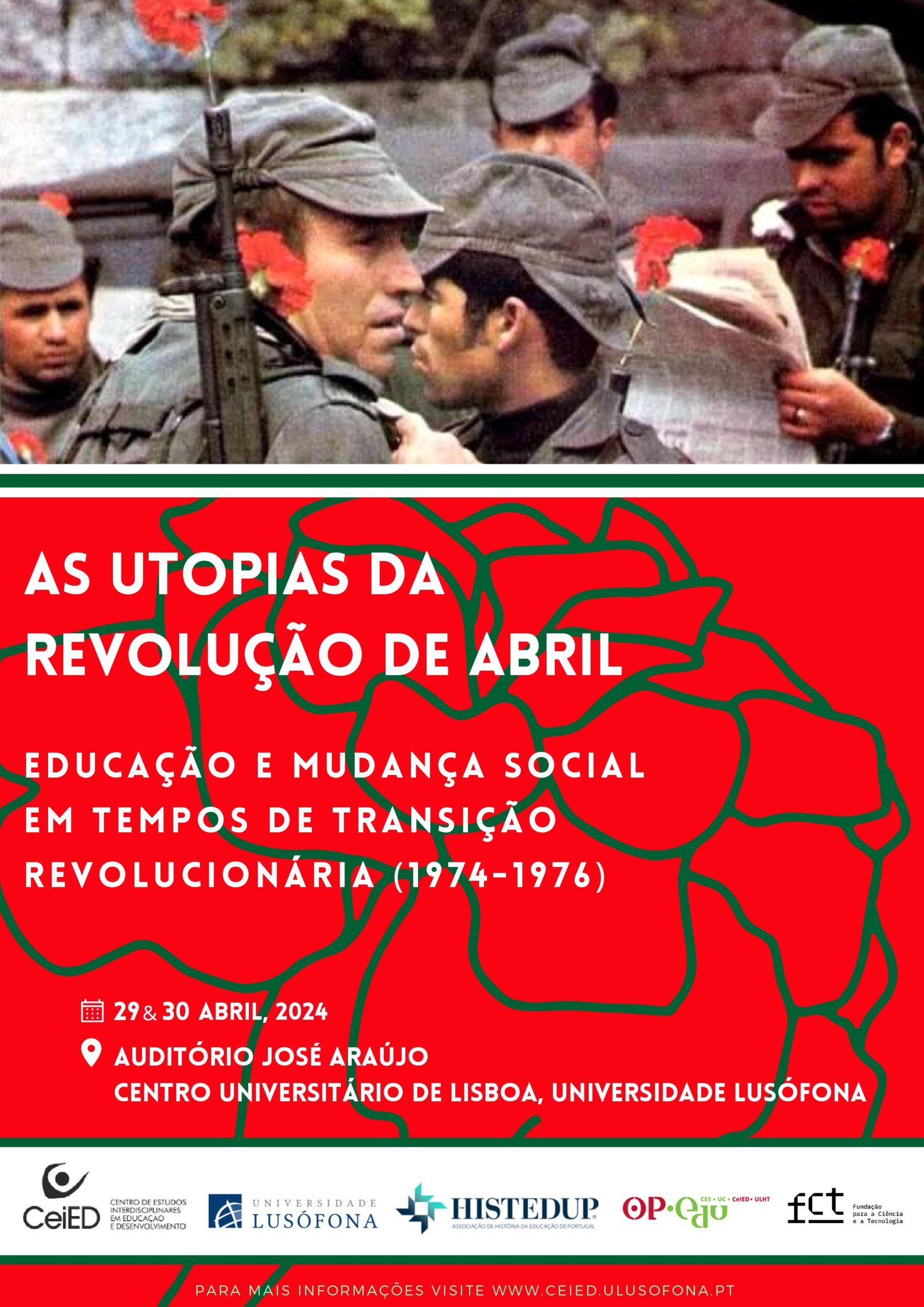
The Utopias of the April Revolution. Education and Social Change in Times of Revolutionary Transition (1974 -1976) | April 29 and 30, 2024 | Lusófona University – José Araújo Auditorium
PROGRAMME
29 APRIL, MONDAY
10.00: Reception of Participants
11.00: Opening Session
António Teodoro, Director of CeiED, Lusófona University
Carla Vilhena, President of HISTEDUP, University of Algarve
José Bragança Miranda, Rector of Lusófona University
11.30: Opening Speech | Francisco Bairrão Ruivo, IHC – Institute of Contemporary History, NOVA University of Lisbon
13.00: Lunch break
14.30: Round Table 1 | “Schools go to the streets and the streets go to the schools”. A roadmap for pedagogical innovation
Raquel Pereira Henriques, Faculty of Social and Human Sciences, NOVA University of Lisbon
Luís Mota, School of Education, Polytechnic Institute of Coimbra
António Gomes Ferreira, Faculty of Psychology and Education Sciences, University of Coimbra
Carla Vilhena, University of Algarve
Joaquim Pintassilgo, Institute of Education, University of Lisbon
Moderator: Justino Magalhães, Institute of Education, University of Lisbon
16.00: Coffee break
16.30: Round Table 2 | Power to teachers and schools: trade unionism, democratic management and teacher identities
António Teodoro, Lusófona University
Licínio C. Lima, University of Minho
Amélia Lopes, University of Porto
Moderator: Ana Patrícia Almeida, Aberta University
30 APRIL, TUESDAY
09.30: Oral presentations
11.30: Round Table 3 | Democratisation and sport culture
José Baeta Sequeira da Silva, Professor of Physical Education
Manuel Brito, President of the Portuguese Anti-Doping Agency
Jorge Proença, Lusófona University
Moderator: José V. Brás, Lusófona University
13.00: Lunch break
14.30: Round Table 4 | Popular power and emancipation. Students’ participation in the literacy movements
Maria João Mogarro, Institute of Education, University of Lisbon
Pierre Marie, CES – Centre for Social Studies, University of Coimbra
Luísa Tiago Oliveira, ISCTE – University Institute of Lisbon
Moderator: Teresa Teixeira Lopo, Lusófona University
16.00: Coffee break
16.30: 50 years later, was it worth it? A conversation with Colonel Vasco Lourenço, member of the Coordination Committee of the Armed Forces Movement (MFA) and of the Council of the Revolution. President the April 25 Association
17.30: Closing session
António Teodoro, Lusófona University
Venue: Lusófona University – University Centre of Lisbon, José Araújo Auditorium. Registration can be done here Further information on the programme can be found here here aqui
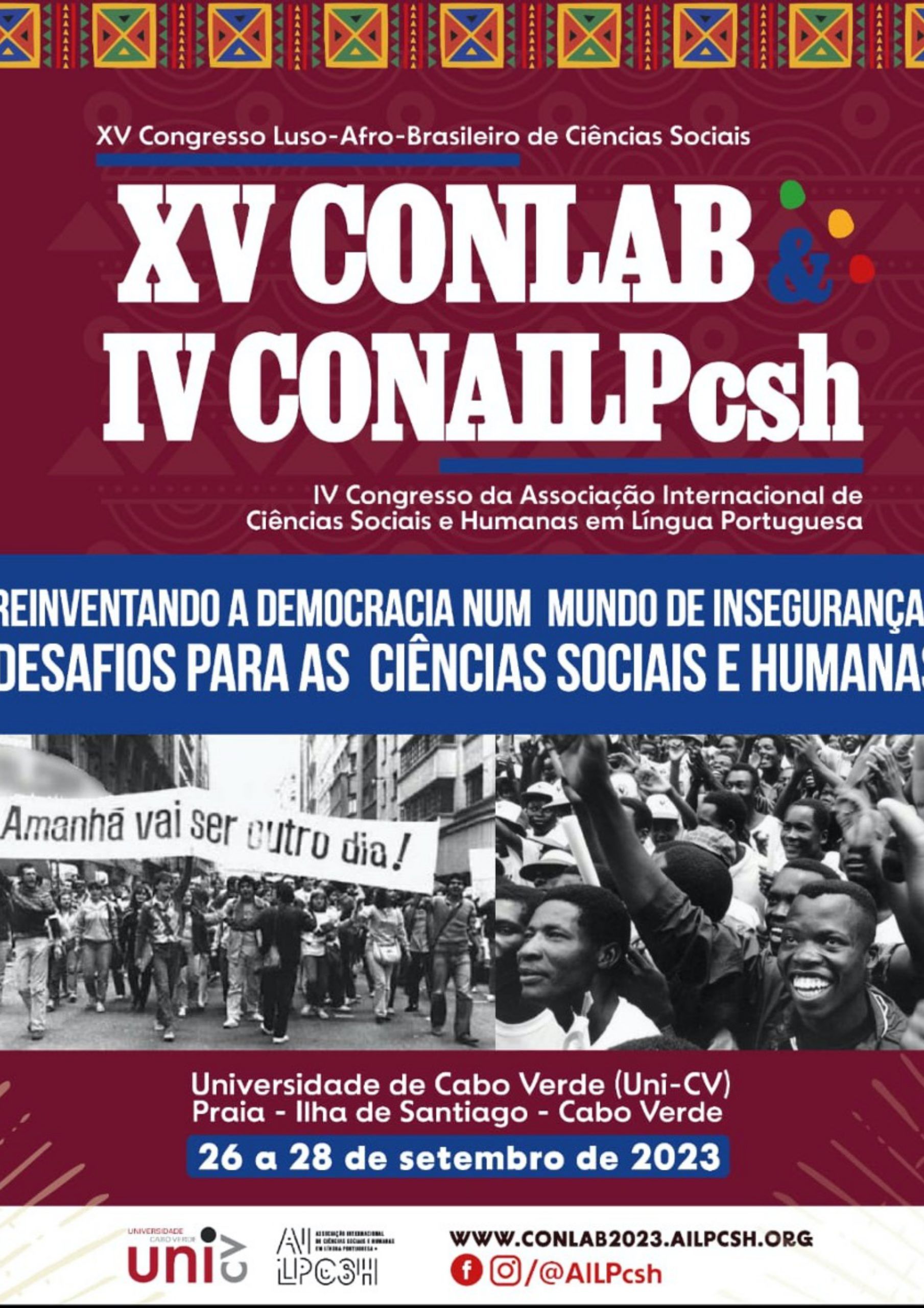
XV CONLAB & IV AILPcsh Congresses | 26 to 28 September | Full programme now available
The XV Luso-Afro-Brazilian Congress of Social Sciences (CONLAB) and the IV Congress of AILPcsh (CONAILPcsh), which have in its Scientific and Organizing Committees researchers from OP.Edu, will be held from September 26 to 28, 2023 at Uni-CV, in the city of Praia, Santiago Island, Cape Verde.
AILPcsh – International Association of Social Sciences and Humanities in Portuguese Language, was established following eleven Luso-Afro-Brazilian Social Sciences Congresses, the first edition of which dates back to 1990. Biannually held, the Congresses have promoted the development of a relevant community of scientists in the Social Sciences and Humanities in the Portuguese-speaking countries – Angola, Brazil, Cape Verde, Guinea-Bissau, Mozambique, Portugal, São Tomé and Príncipe and East Timor. These Congresses have led to several scientific research collaborations and important publications.
The Congress program, under the theme Reinventing Democracy in a World of Insecurities: Challenges for Social Sciences and Humanities, will include conferences, thematic sessions, round tables, working groups, oral papers, cultural activities and network meetings.
The full programme of the Congresses can be accessed here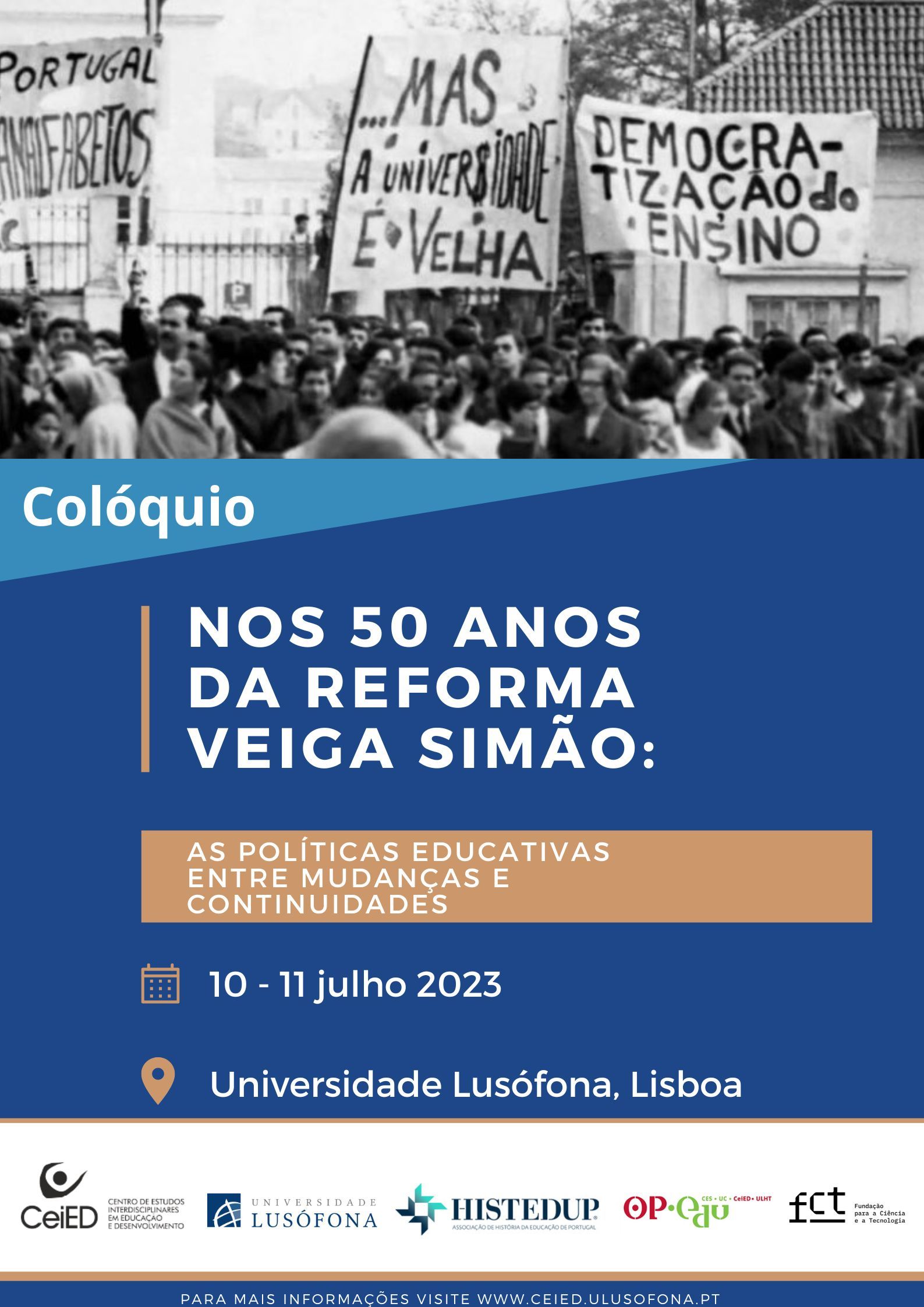
OP.Edu joins the organization of the Colloquium On the 50 Years of the Veiga Simão Reform: education policy between changes and continuities | Registration open until July 9, 2023
OP.Edu joins the organization of the Colloquium On the 50 Years of the Veiga Simão Reform: education policy between changes and continuities, which will be held at the José Araújo Auditorium of the Universidade Lusófona – University Centre of Lisbon, on 10 and 11 July 2023.
The Veiga Simão Reform placed education at the heart of the debates on the development and modernization of Portugal. It also allowed, due to its limitations and contradictions, to make visible to the Portuguese society the complete exhaustion of the political form of organization of the Estado Novo/New State.We encourage the participation of the scientific community and the general public in this Colloquium, which aims at sharing knowledge and research on this pivotal period in the history of Portugal (and of the countries that emerged from Portuguese colonialism).
Registrations are open until July 9.
More information about the Colloquium can be found here

The Thought of Amílcar Cabral and Education | May 25, 2023 – 2:30 PM | Lusófona University – Agostinho da Silva Auditorium
The Meeting The thought of Amílcar Cabral and Education will take place on May 25, starting at 2:30 PM, at the Agostinho da Silva Auditorium (Lusófona University, Lisbon).
For Amílcar Cabral, education was the “first weapon” for freedom and for the development of the potential and capacities of children, young people and adults, in order to achieve dignified, fair and emancipating life projects. In the same way, education constituted an inescapable factor for the process of development and social transformation of the material conditions of life of African societies, as a result of its impact on the economic, political, historical, cultural, ethno-linguistic and identity dimensions.
In order to understand the thought of Amílcar Cabral and its influence(s) on the field of education, in general, and on educational policies, in particular, it is necessary to know the “life and work”, the “revolutionary socio-cultural and economic-political context” in which he lived and what “reflections and future prospects” Amílcar Cabral envisaged for African societies and for all the Peoples who wanted to commit themselves to “freedom of thought” and “freedom of action”.
It is in this context that the Research and Learning Community (ReLeCo) African Studies: Education and Society (ReLeCo NEA-ES), in collaboration with ReLeCo CEM – Culture(s), Education and Memory(ies), ReLeCo Sociomuseology, UNESCO Chair in Education, Citizenship and Cultural Diversity and the Observatory for Education and Training Policies (OP. Edu), organize this meeting, which aims to provide a moment of dialogue, reflection, analysis and appropriation of the life and work of Amílcar Cabral.
The event, which will be held on the date that marks Africa World Day, established by the United Nations Organization (UNO) in 1972, is aimed at researchers and academics, professors, doctoral, master and undergraduate students, civil society institutions and social movements, with an interest in studies on education in Africa, and all those who want to know “who was”, “who is” and “who is becoming”, in the epistemological and scientific educational field, Amílcar Cabral and his thought.
Program
14:30 | Reception of the guests and participants
15:00 | Opening session
- Magnificent Rector of Lusofóna University, José Bragança de Miranda
- Director of the Faculty of Social Sciences, Education and Administration, António Costa Pinto
- Director of the Interdisciplinary Research Centre for Education and Development, António Teodoro
- Coordinator of the Research and Learning Community “African Studies: Education and Society”, Arlinda Cabral
- Ângela Benoliel Coutinho, PhD History, Université Paris I Panthéon-Sorbonne, Paris, France. Researcher at the Portuguese Institute of International Relations (IPRI/UNL). Author of the book Os dirigentes do P.A.I.G.C. Da fundação à rutura 1956-1980
- Julião Soares Sousa, PhD History, University of Coimbra. Assistant Researcher at the Institute of Interdisciplinary Research and the Centre for Interdisciplinary Studies of the 20th Century (CEIS20), University of Coimbra. Author of the book Amílcar Cabral (1924-1973) – Life and Death of an African Revolutionary
- Fernanda Marques, Minister of Higher Education, Science and Culture of Cape Verde (2010). Minister of Education and Sports of Cape Verde (2010-2016). Independent Researcher. Senior Consultant in Education
- Maria Neves Gonçalves, ReLeCo CEM – Culture(s), Education and Memory(s)
- Arlinda Cabral, ReLeCo NEA-ES African Studies – Education and Society
16H45 | Closing Remarks
- Judite Primo, CeiED – UNESCO Chair in Education, Citizenship and Cultural Diversity
- Teresa Teixeira Lopo, OP.Edu – Observatory for Education and Training Policies
- Arlinda Cabral, ReLeCo African Studies: Education and Society
Free entry, subject to seat availability.
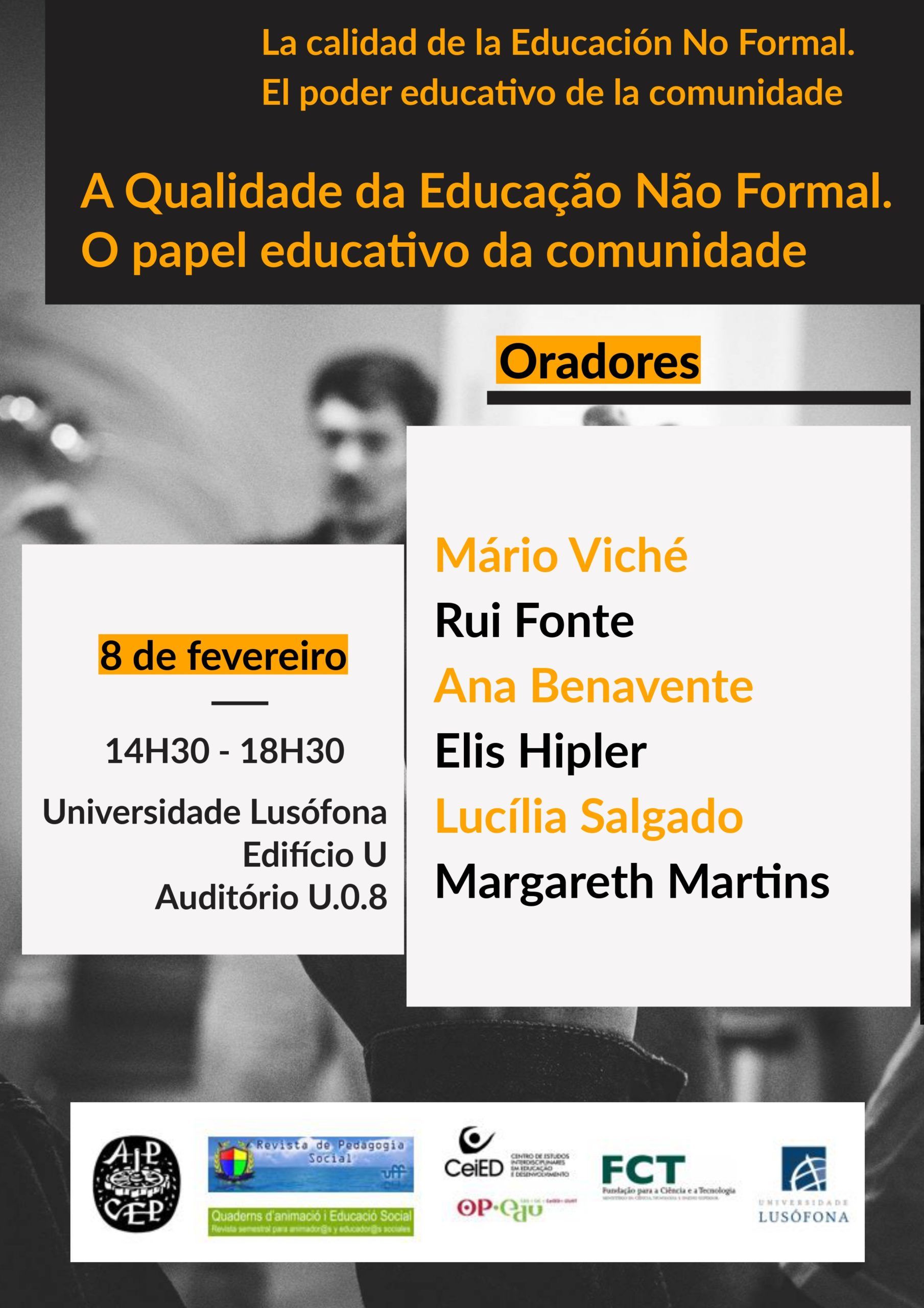
Round Table | The Quality of Non Formal Education. The educational role of the community | February 8, 2023| 2:30 PM | Lusófona University | Building U – Auditorium U.08
On February 8, it will be held the Round Table La calidad de la Educación No Formal. El poder educativo de la comunidade. The Quality of Non Formal Education. The educational role of the community.
Programme
What do these concepts hide?
- Mário Viché
- Rui Fonte
Meeting with Paulo Freire
- Ana Benavente
- Elis Hipler
The inheritance of Pierre Furter for Permanent Education
The Educogeny of communitarian spaces
- Lucília Salgado
The number of the Journal of Social Pedagogy
- Margareth Martins
Furter for Wikipedia
- Mário Viché
The event, starting at 2:30 PM (Portuguese time), will take place at Lusófona University, Building U (Av. Marechal Craveiro Lopes 2A, in Lisbon), Auditorium U.08.
Credits of the poster image: Artem Maltsev Unsplash

- 1
- 2
Notícias / News
- Home
- Events in partnership with OP.Edu
